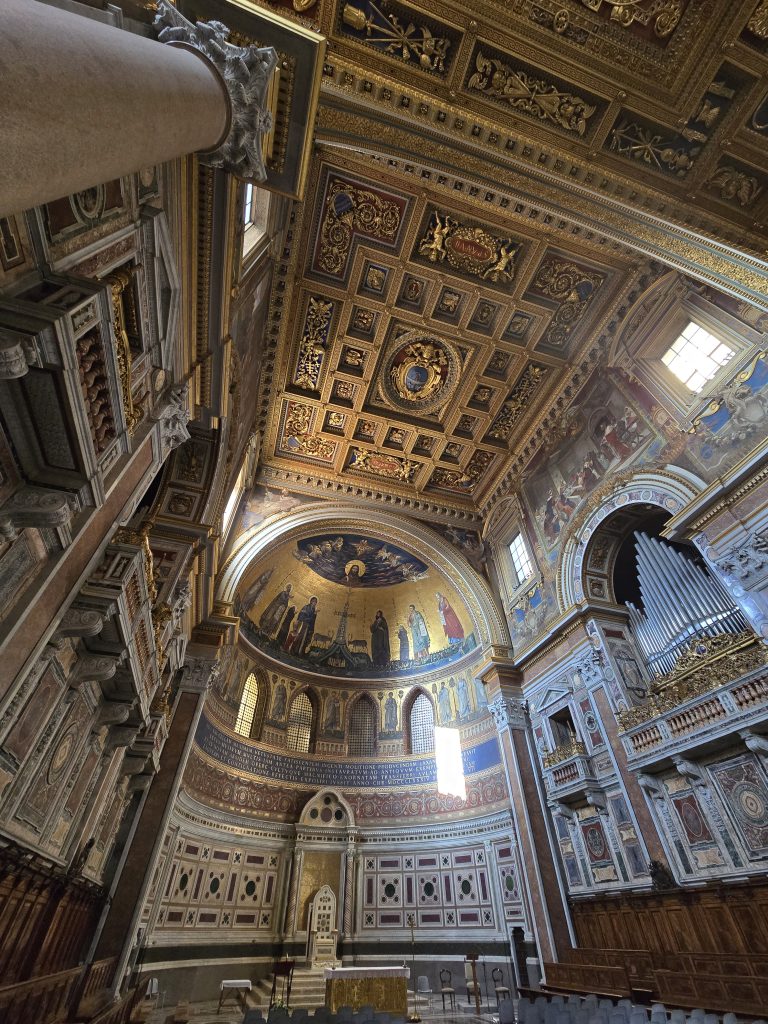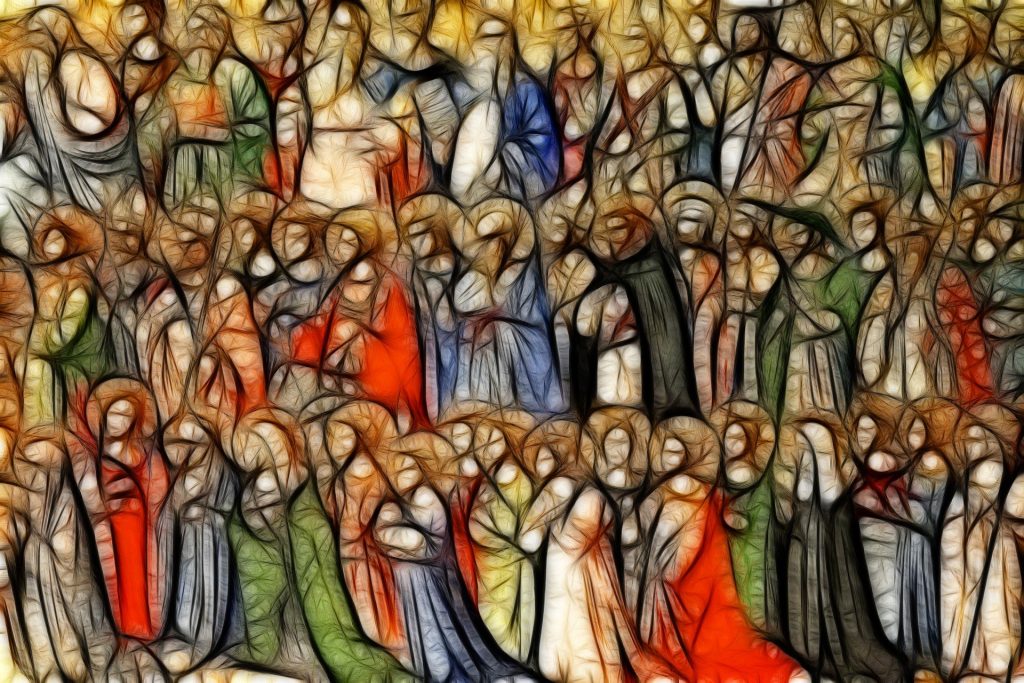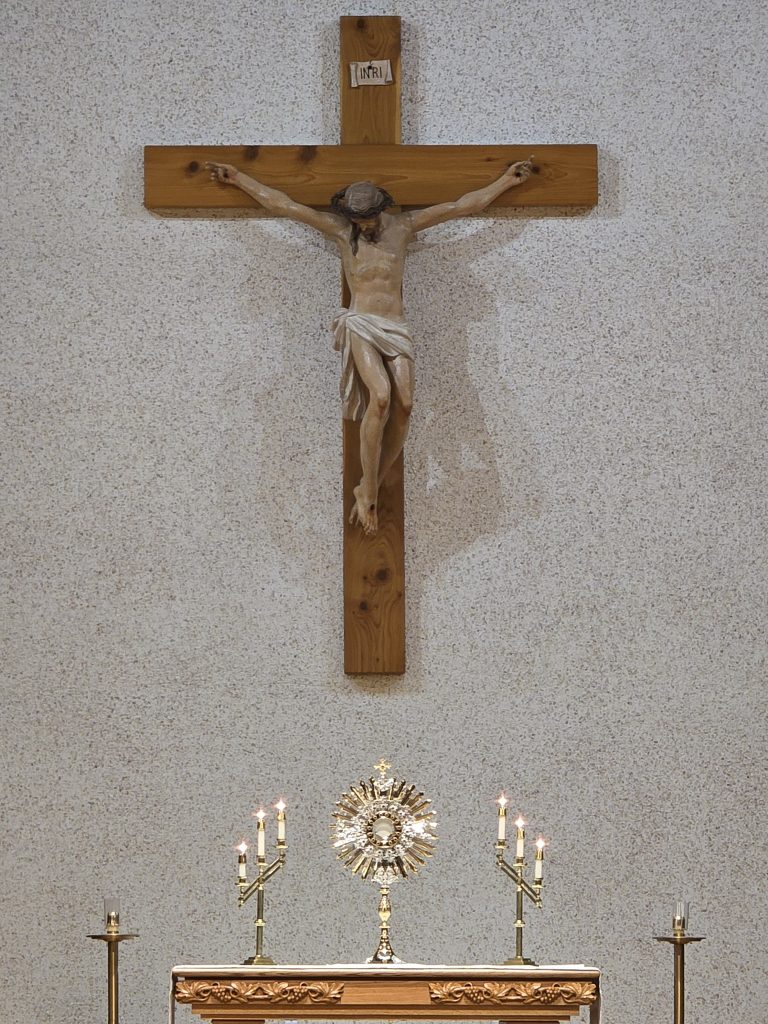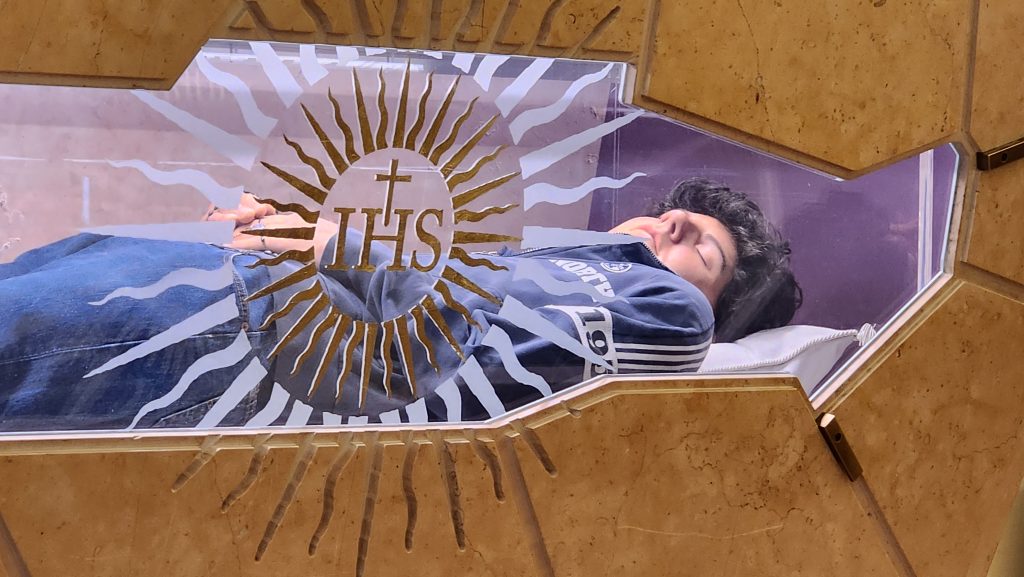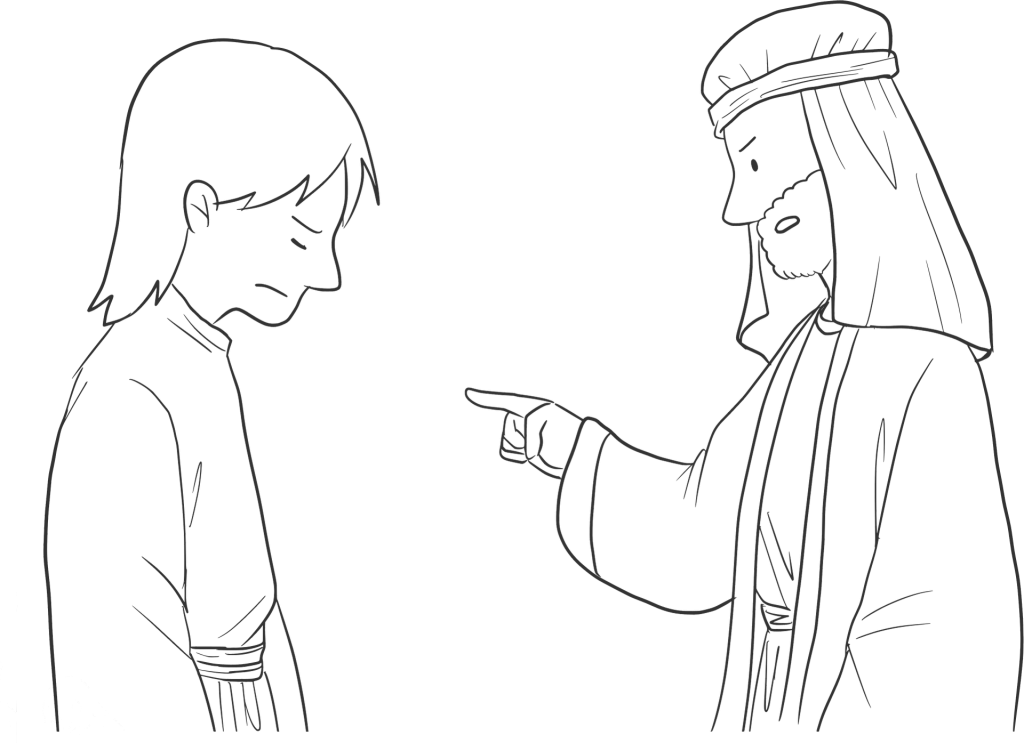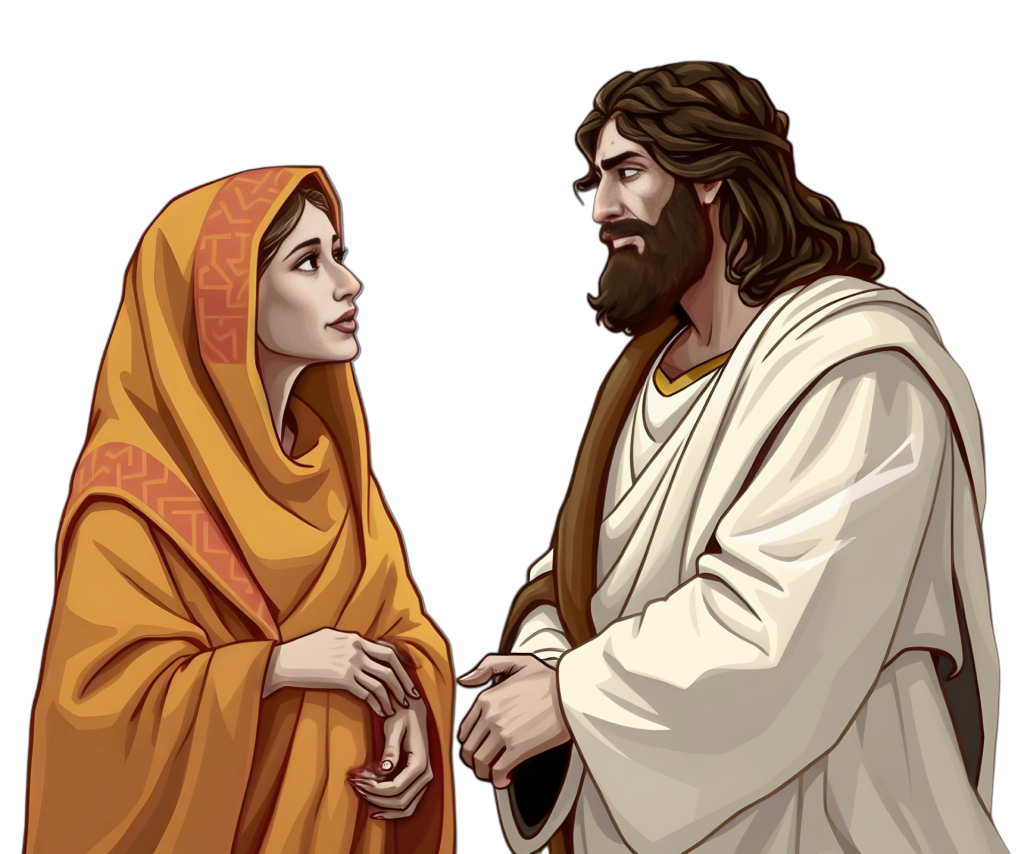
By Deacon Richard Hay
“Looking and living deeper in our faith…”
There was a young college student who was pondering what to do with his life, and he decided to vent his frustrations on God. He went into the campus chapel, sat in a pew, looked up to heaven and prayed, “All we have on this earth are problems and a bunch of people who will never figure out how to solve them. Even I could make a better world than this one.”
Suddenly, deep inside his heart, the student heard God’s voice with the answer: “That’s what you’re supposed to do.”
As we enter this very brief six-week period of Ordinary Time this weekend it is important to understand what the young college student did not seem to comprehend, it is up to each of us, using our own unique talents, to make the world a better place – to more deeply share the light of Christ with others.
During this period of Ordinary Time, we hear about some of the foundational aspects of our faith such as what happened with Christ shortly after his baptism and entry into his public ministry. They all make the proclamation that Jesus is God’s servant who has come to show the glory and salvation of God to the entire world.
It begins with John the Baptist in today’s gospel pointing out Jesus, who he calls the Lamb of God, to his disciples as he passed by them – affirming that this is the one John proclaimed was coming.
We will hear Jesus preach the Beatitudes – a roadmap to help us understand what we should be doing and who we should be caring for as members of the Body of Christ.
We will be told that we are the “salt of the earth” and a light to shine out for all to see and use.
Jesus reminds us that following him means more than just obeying the ten commandments – it means doing things like not staying angry at our brothers and sisters – but to resolve those things before we even approach God at his altar and Jesus’s true presence in the Most Holy Eucharist.
Another thing we will hear is that being holy does not mean being unhappy or not enjoying life but to love in a profuse way, to love like God loves. That love is the source of all true happiness.
Then, just before we enter the season of Lent, we will hear that Christ is going to bring the entire world light and salvation, truth and holiness, freedom from darkness and freedom from sin.
We will receive a tremendous amount of foundational awareness to help us understand who Jesus is and why the Father sent him into the world.
How do we use this information, this awareness, these gifts we are given, to deepen our faith and prayer life so we can grow closer to God?
The answer is that we must go deeper – get beneath the façade – look beyond that which is on the surface. Our faith must grow so that we can better share it with others in the world.
As some of you may be aware, this past week I was blessed to be able to travel out to Tucson, Arizona to attend the Vatican Observatory’s “Astronomy for Catholics and Ministers in Education” a workshop and retreat.
It was a mix of lectures, group discussions, a couple of field trips, many one-on-one encounters, and every evening we had mass and then spent several hours observing the night sky under the dark skies of southwest Arizona using our telescopes and those brought by others.
In attendance were teachers, community educators, clergy including five priests – many scientists themselves, two deacons, and two men in formation for Holy Orders.
We are very cheated here in Northeast Florida with the quality of our night skies and how many stars we can see. At the retreat center, the skies were probably three or four levels darker than we have here and that meant the stars were numerous.
If you have ever seen images that come from an observatory here on earth, those that are in space, or even some backyard amateur telescopes, you quickly realize there is much more color, beauty and intricacy than meets the eye in the night sky above us.
Out in Arizona, under those dark skies, I realized that you can pull beauty out of the darkness. I had the opportunity to capture multiple nebulas and star formations over this past week which are not visible to the naked eye and it reminded me that we can discover there is more to be enjoyed than just what we initially look up and see – more beauty to behold if we look for it beyond the stars. It does take effort and time – and some equipment of course – but it can be done.
Our faith lives are like that – much more than meets the eye. We can come into church every weekend for mass, see the beauty of the liturgy, the beauty of our church, encounter family and friends, witness the celebration of other sacraments and hear the richness of the Word of God each Sunday.
However, doing those things, while important because showing up matters – we must be willing to go deeper – to pull the beauty out of what we initially see like I was able to do out in Arizona under the night sky.
Our faith must be more than just the surface details of what we see and encounter each week. To truly deepen our worship, we must do more. If astronomers and scientists never looked beyond the stars in the sky, we would lack in our understanding about the universe.
So what equipment, tools or actions are available to help us begin exploring our faith at an even deeper level so that we can more effectively share it with others?
First – make an effort to read scriptures daily. The daily scripture readings weave together the story of salvation history and bring greater meaning to our readings and the gospel at Sunday mass.
Next – fully and actively participate in the mass. There is a reason we come together as a community to worship. We can be lifted up by our brothers and sisters here in the church and raise our voices together as one in our worship of God. In addition, carve out some time to worship Jesus’s true presence in the Most Holy Eucharist at adoration. We grow closer to our family and friends by spending time with them – spending time with Jesus at adoration will increase the depth of our relationship with him.
Finally – work on always being in the presence of God. Pope Leo recently mentioned a book about this very subject written by Brother Lawrence whose task was to cook and clean within his community of religious brothers. He found God in all the things he had to do – even the mundane tasks of the day. We can imitate this to increase the depth of our connection and understanding of God by continually thanking him for all that we are able to do and receive, including the routine and boring parts of our day.
If we can incorporate some of these things into our faith lives, we can all go deeper – well beyond the surface – and see the beauty that is already there to be discovered if we just take the time to look for it.
Homily Aid Gallery
Images captured by Deacon Rich in Arizona during January 2026 at the Vatican Observatory Foundations “Astronomy for Catholics and Ministers in Education” (ACME) workshop and retreat.













